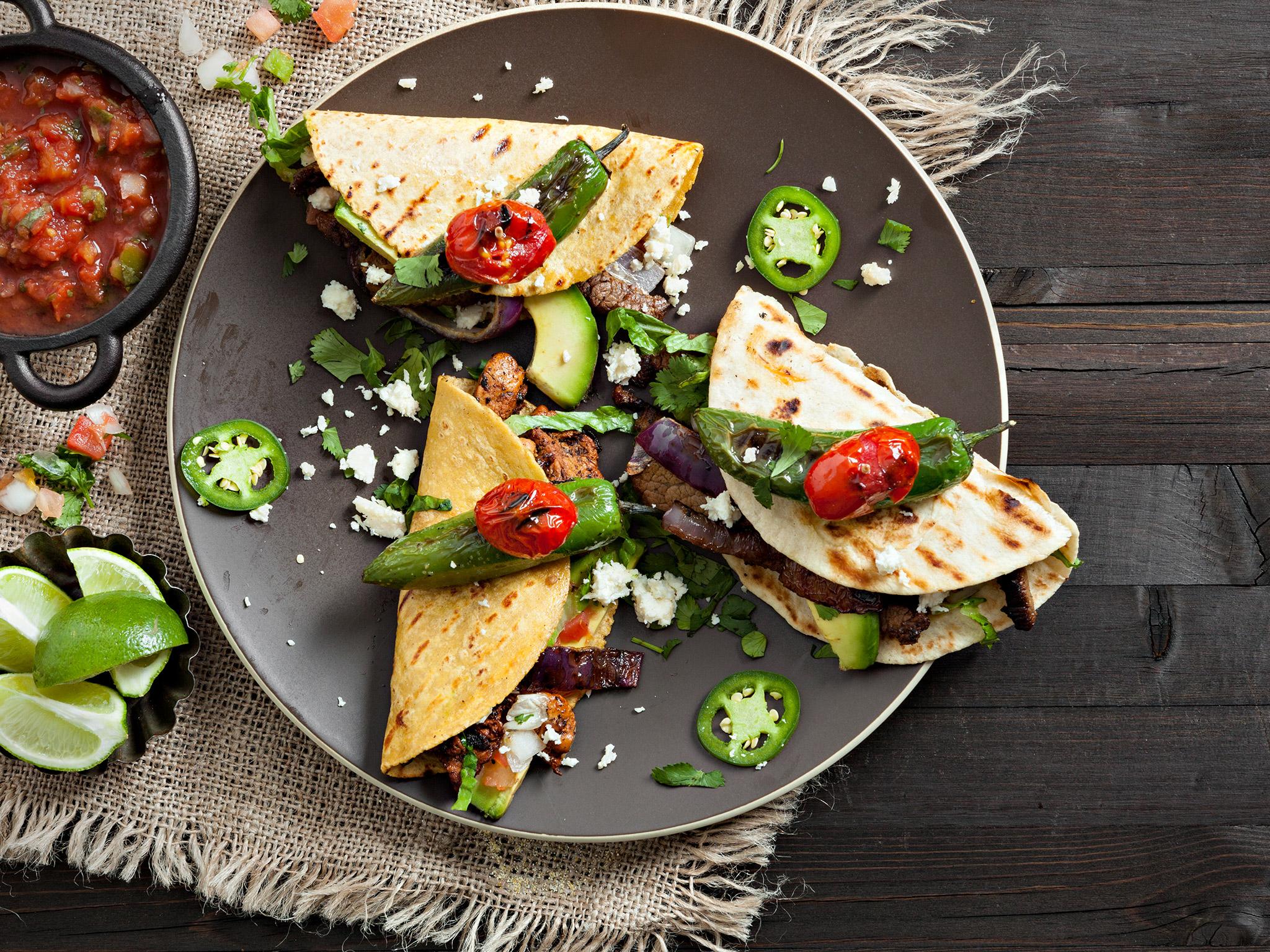Is lectin the new gluten? Why you shouldn't fall for the latest dumb diet fad
A regime that cuts out everything from whole grains to tomatoes and peppers is as daft as it sounds

Your support helps us to tell the story
This election is still a dead heat, according to most polls. In a fight with such wafer-thin margins, we need reporters on the ground talking to the people Trump and Harris are courting. Your support allows us to keep sending journalists to the story.
The Independent is trusted by 27 million Americans from across the entire political spectrum every month. Unlike many other quality news outlets, we choose not to lock you out of our reporting and analysis with paywalls. But quality journalism must still be paid for.
Help us keep bring these critical stories to light. Your support makes all the difference.
.Gluten, dairy products, fat: it can feel hard to keep up with what is the latest enemy of a health diet. Now, lectin is being labelled by some as the food to avoid
Lectins are a type of protein that enable molecules to stick together. Google searches for ‘lectin’ have continued to rise since a spike last summer, as articles dissecting claims that they cause weight gain, and inflammation damage gut health spread online.
Foods including grains, particularly whole wheat, beans and legumes, nuts, aubergines, tomatoes, potatoes, peppers, dairy products and eggs contain lectins - which doesn’t leave an awful lot left to eat. And that doesn’t sound like a particularly balanced diet.
Megan Rossi, a spokesperson for the British Dietetic Association, explained to The Independent that a “high” intake of lectins can in fact cause harm “but there is more to the story than we’ve been told.” Lectins in canned navy beans - which include the haricots used in baked beans - were reduced to less than 0.1 per cent of its original level. Eating a harmful amount of lectins is pretty hard. As long as food is prepared properly, lectins aren’t an issue for most people, she says.
“If a person is eating cooked legumes and whole grains, these low levels of lectins are tolerated,” she says.
For some people struggling with their digestion, cutting out lectins is advised - but this is a process that should only be started with the help of a trained medical professional, like a GP or dietitian.
The lectin debate - similar to claims that gluten is wholly bad even though a recent study showed that cutting out wheat proteins is harmful for those without serious conditions - discounts the fact that very few foods are ‘perfect’, says Rossi.
“Restricting food groups in the diet such as dairy without the support from a dietitian or registered nutrition greatly increases your risk of nutritional deficiencies," she warns.
“The health benefits associated with foods containing lectins, which are packed full of gut-loving fibre and antioxidants, far outweighs the negative effects of trace amounts of lectins for most people.” They also potentially have anti-inflammatory and anticancer effects, she adds.
“Given this, the exclusion of all lectins in the diet is not only near impossible but not necessarily beneficial."
The ideal diet, Rossi adds, is the Mediterranean.
"A Mediterranean diet, high in fresh vegetables, fruit, wholegrains, nuts, seeds and extra virgin olive oil is generally considered the 'gold standard' diet," she says.
"Observational evidence including over 4million people has found that increased adherence to a Mediterranean diet was associated with a 8 per cent reduction in death from all causes as well as a 10 per cent reduction in heart disease." And it contains plenty of foods containing lectins.
Join our commenting forum
Join thought-provoking conversations, follow other Independent readers and see their replies
Comments